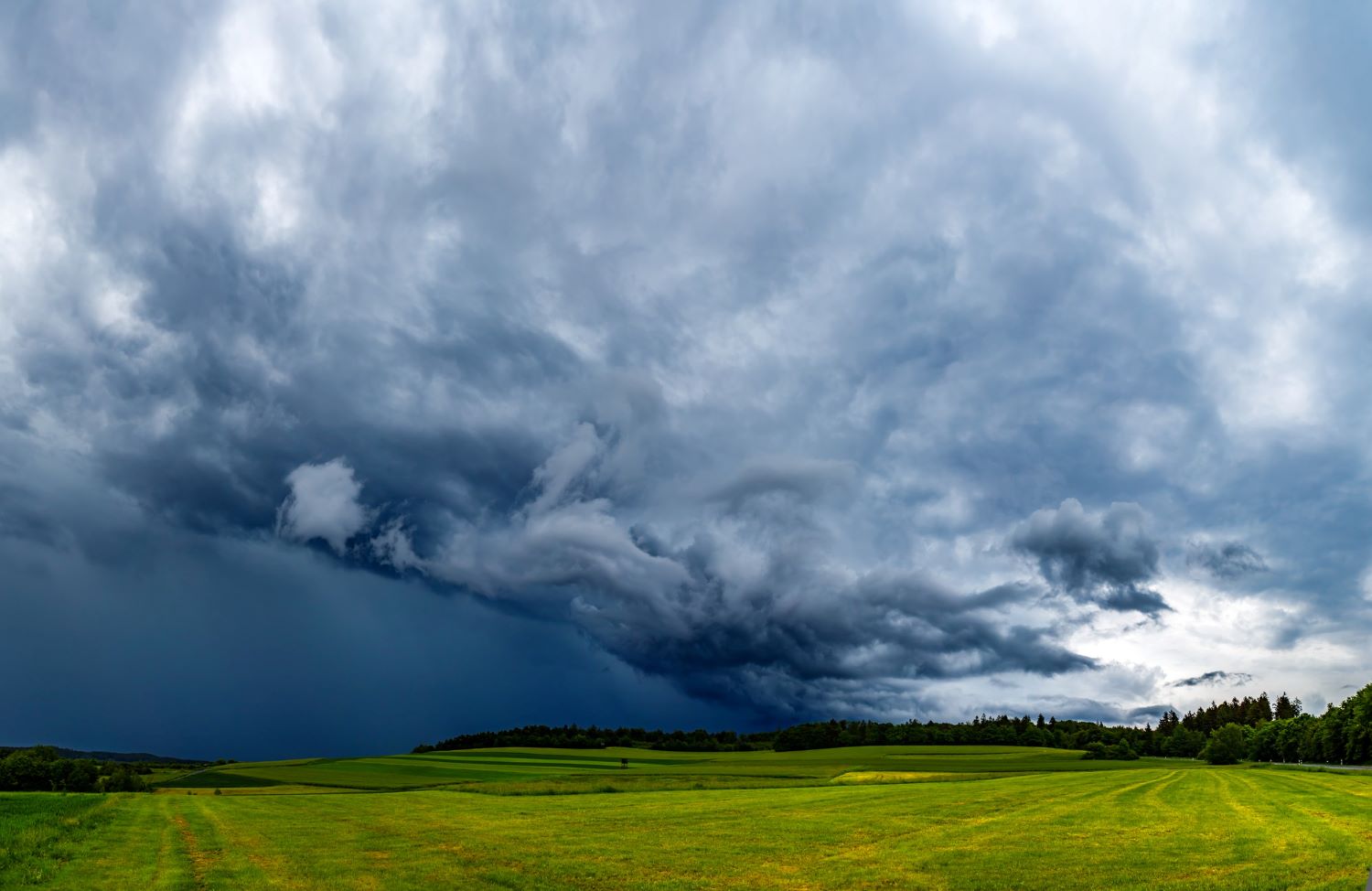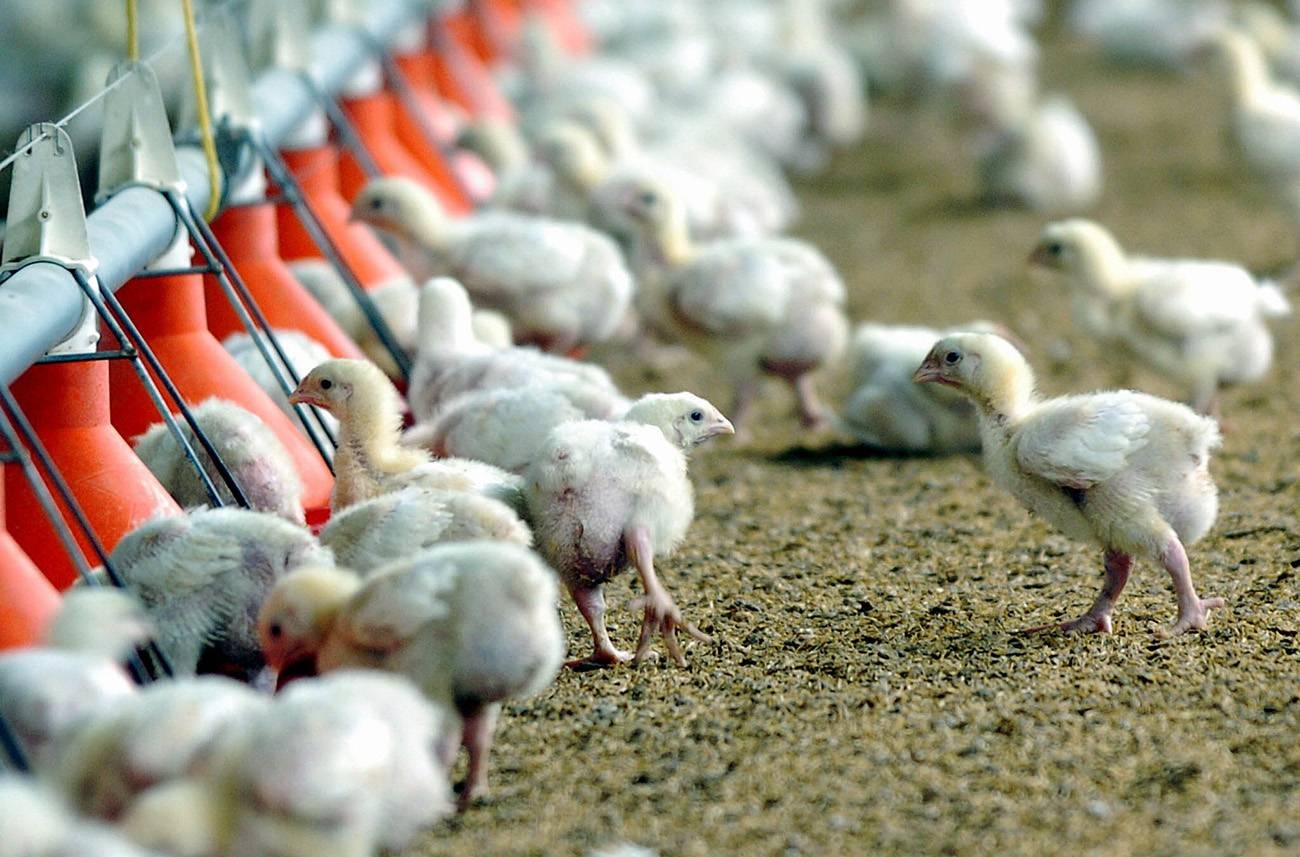Half of the most viewed TikTok videos about ADHD are not in line with scientific literature
Around half of the 100 most popular videos on TikTok about Attention Deficit Hyperactivity Disorder (ADHD) contain statements that diverge from the scientific literature of reference, according to a study published in PLOS ONE. In addition, the research shows that there are discrepancies between young people and mental health professionals about the educational value of the content about ADHD on this social network.









